| Usage |
Usage
Exemestane is administered in tablet form, and taken orally. Typically, it is consumed once a day following a meal. To ensure optimal results, take Exemestane at roughly the same time each day. It is imperative to carefully follow the instructions provided on your prescription label and seek clarification from your doctor or pharmacist for any unclear aspects. Comply with your doctor's precise directions, refraining from altering the dosage or frequency without their guidance. You may be required to continue Exemestane for several years or even longer. Even if you are feeling well, it is crucial not to discontinue Exemestane without consulting your doctor.
|
| Side Effects |
Side Effects
Exemestane may lead to side effects. It's important to inform your doctor if any of the following symptoms are severe or persistent:
• Hot flushes
• Sweating
• Muscle or joint pain
• Fatigue
• Headache
• Dizziness
• Feelings of anxiety or worry
• Depression
• Trouble falling asleep or staying asleep
• Nausea
• Vomiting
• Increased appetite
• Diarrhea
• Hair loss
• Red, itchy skin
• Changes in vision
• Edema or fluid retention in the arms, hands, feet, ankles, or lower legs.
Certain side effects can be serious. In case you encounter any of the subsequent symptoms, get in touch with your doctor promptly:
• Shortness of breath
• Chest pain
It's worth noting that while taking exemestane, your bone mineral density (BMD), which measures the strength of your bones, may decrease. This could potentially increase the risk of developing osteoporosis, a condition characterized by fragile bones that are prone to breaking. Discuss the potential risks associated with taking exemestane with your doctor.
Exemestane may also produce other side effects not listed here. If you encounter any unusual problems while using this medication, be sure to reach out to your doctor for guidance and evaluation. Your doctor is your best resource for addressing any concerns or questions regarding Exemestane and its potential side effects.
|
| Storage |
Side Effects
Exemestane may lead to side effects. It's important to inform your doctor if any of the following symptoms are severe or persistent:
• Hot flushes
• Sweating
• Muscle or joint pain
• Fatigue
• Headache
• Dizziness
• Feelings of anxiety or worry
• Depression
• Trouble falling asleep or staying asleep
• Nausea
• Vomiting
• Increased appetite
• Diarrhea
• Hair loss
• Red, itchy skin
• Changes in vision
• Edema or fluid retention in the arms, hands, feet, ankles, or lower legs.
Certain side effects can be serious. In case you encounter any of the subsequent symptoms, get in touch with your doctor promptly:
• Shortness of breath
• Chest pain
It's worth noting that while taking exemestane, your bone mineral density (BMD), which measures the strength of your bones, may decrease. This could potentially increase the risk of developing osteoporosis, a condition characterized by fragile bones that are prone to breaking. Discuss the potential risks associated with taking exemestane with your doctor.
Exemestane may also produce other side effects not listed here. If you encounter any unusual problems while using this medication, be sure to reach out to your doctor for guidance and evaluation. Your doctor is your best resource for addressing any concerns or questions regarding Exemestane and its potential side effects.
|
| Special Precautions |
Special Precautions
Prior to starting exemestane, it's essential to communicate the following information to your doctor and pharmacist:
• Notify them if you have any allergies, especially if you are allergic to exemestane or any other medications.
• Disclose all your current prescription and non-prescription medications, vitamins, and nutritional supplements, as well as any planned additions. Of particular importance are medications like carbamazepine (Carbatrol, Epitol, Tegretol), estrogen-containing medications (including hormone replacement therapy and hormonal contraceptives such as birth control pills, patches, rings, and injections), phenobarbital, phenytoin (Dilantin), and rifampin (Rifadin, found in Rifater and Rifamate). Your doctor may need to adjust your medication doses or closely monitor you for potential side effects.
• Inform your doctor about any herbal products you are currently using, with special attention to St. John's wort.
• If you have a history of osteoporosis (a condition characterized by fragile bones that break easily), liver issues, or kidney disease, provide this medical history to your doctor.
• If you are pregnant or planning to become pregnant, a negative pregnancy test within 7 days before starting exemestane is required. You should utilize birth control methods to prevent pregnancy throughout your exemestane treatment and for 1 month after your final dose. Should you become pregnant while on exemestane, promptly contact your doctor, as this medication may pose risks to the developing fetus.
• If you are currently breastfeeding, it's important to note that you should not breastfeed during your treatment with exemestane and for 1 month following your final dose.
Open and honest communication with your healthcare provider is crucial to ensure the safe and effective use of exemestane while minimizing potential risks.
|


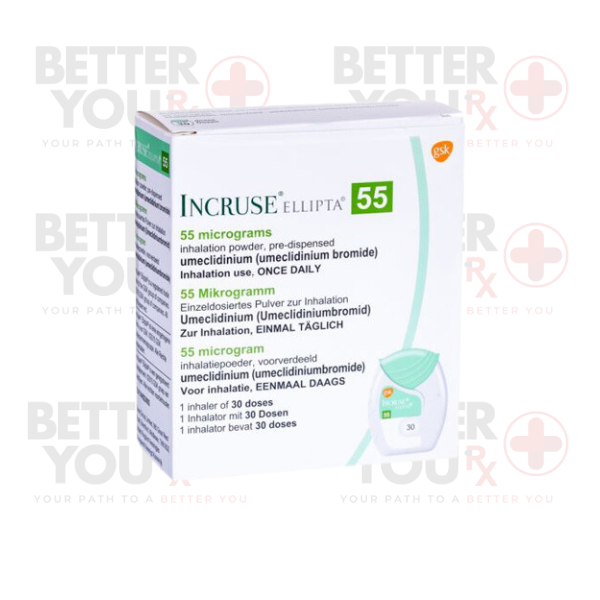
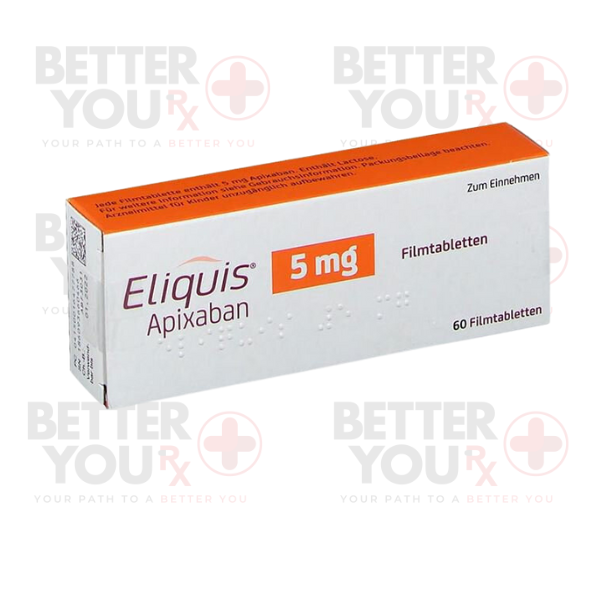
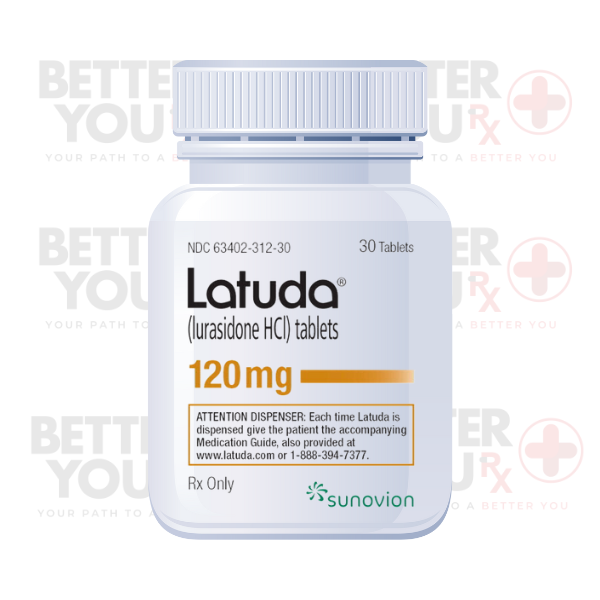


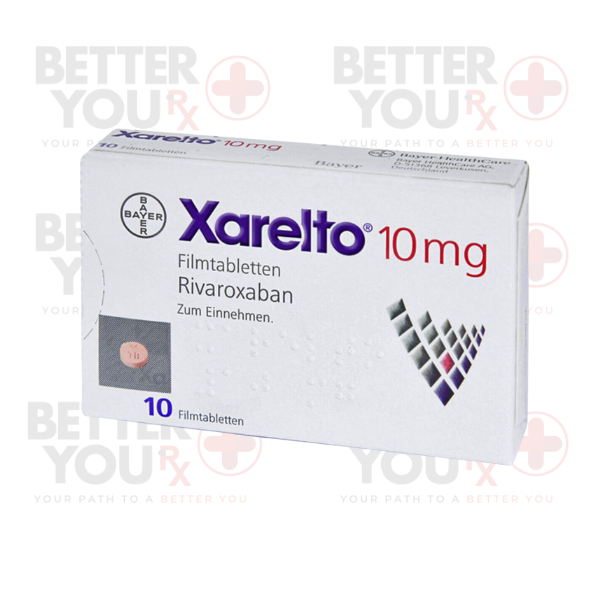
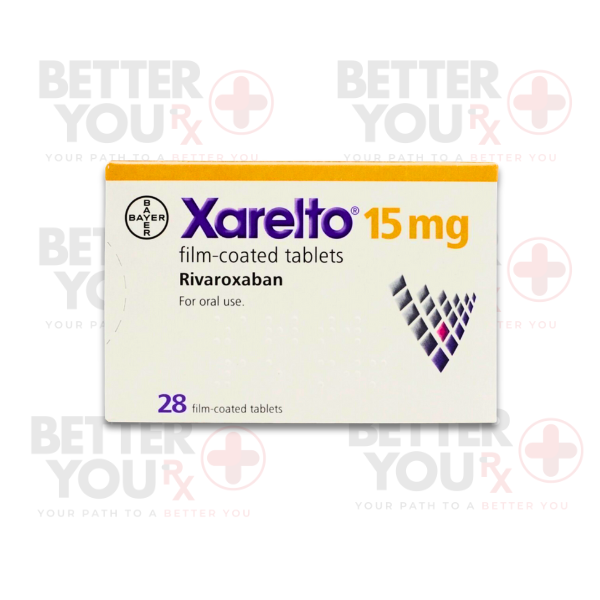
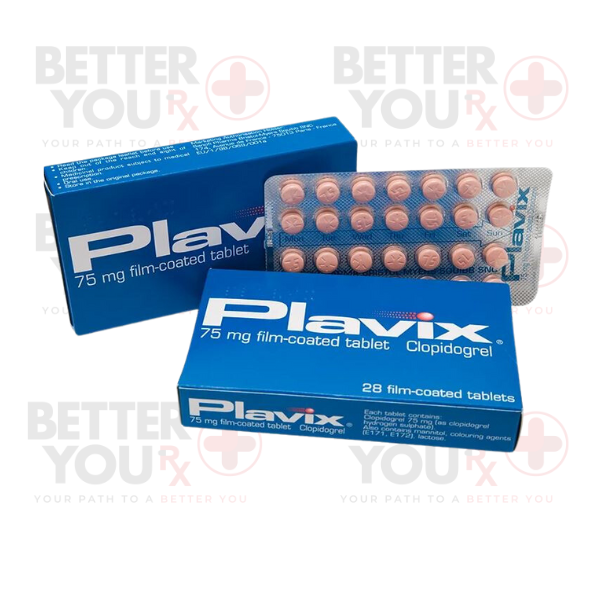
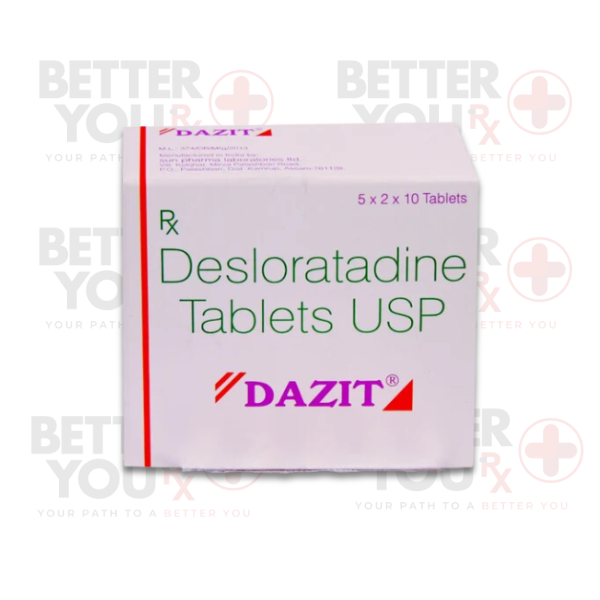
Reviews
There are no reviews yet.